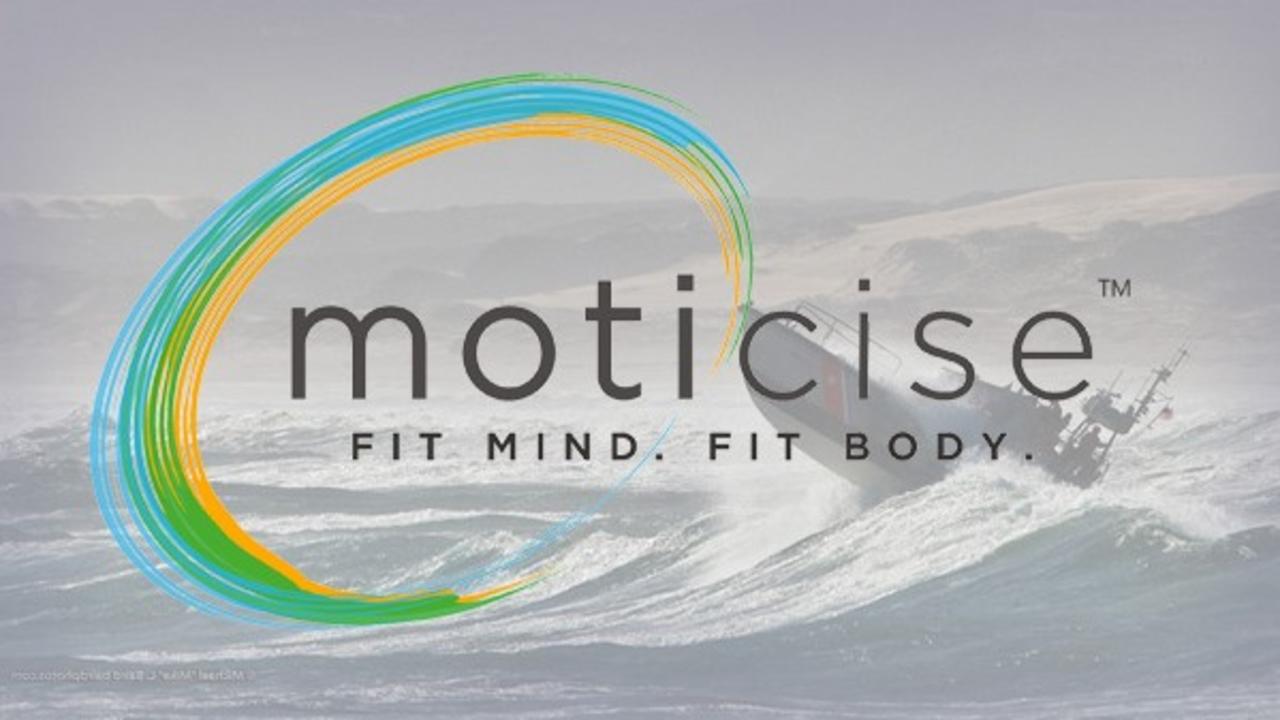The Power of Story

Last month, I went to Kelly Swanson’s keynote camp just outside of Asheville, NC. There were about 20 of us staying in cabins in the woods, with no WiFi or cell service – just each other, ourselves, and the time and space to work on our keynotes.
There was one man there named Dave, who had lived on a 26-foot yacht for fifteen years. During one of the practice sessions, he told us about the worst nights on the water he experienced.
A storm had hit – this was in the Caribbean – and it was tossing his boat around like a toy. He’d tied everything down and locked himself in the cockpit, and now he was just praying to get out alive.
Then something approached, something huge and loud, that passed just feet from his yacht – a cruise ship. Beneath the raging wind and waves, he heard the distinctive thump of disco music. Through his port hole, he could see people on the decks, laughing and dancing and having a grand old time, totally unaffected by the storm.
Geez, I’m in here fighting for my life, he thought, while they’re fighting for a place at the cocktail bar. They don’t even know I’m here.
By morning, the storm had passed, and Dave woke up to calm, peaceful waters. His boat was unharmed, and the cruise ship was nowhere to be seen. But that moment, that “passing like ships in the night” scene, of a floating disco that came freakishly close to him – that moment stayed with him.
What a powerful metaphor that is. We can be in a group of people, within arm’s reach of them even, and one person’s experience can be completely different from another’s. Yet both, or all, perspectives are valid. They all matter.
We all have a story. We all experience things in unique, sometimes unimaginable ways. Yet it can be so hard to remember that. How often do we write someone off, thinking “That guy’s so selfish” or “Her life is perfect; she doesn’t know what it’s like to struggle” or “Why don’t they just…?”
There’s a name for that. In psychology, the “attribution bias” is when you assume you know what’s motivating someone. For example, if another driver cuts you off in traffic, you might think “What a jerk!” instead of “Maybe he’s in a rush. I’ve cut people off before, too.” Our tendency is to think we know, and to assume the worst.
But we don’t know what’s happening in people’s lives. That’s why it’s easy to attribute the wrong motives to people. But at the end of the day, everyone wants to be heard, to feel like they matter. And we can give people that gift by listening to their stories. By trying to understand them from their perspective, not ours.
The gift isn’t only for that person. Often, we benefit enormously from hearing people’s stories, from learning what drives them. I know I did, just from hearing all the stories in Asheville last month.
It’s also important for you to have the courage to share. You might sit there thinking “My story’s not good enough, big enough, important enough,” and that might stop you from speaking up. But stories bring us closer together. They short-circuit the attribution bias, because when we hear someone’s story, it’s harder to judge them. When we connect, find common ground, find an understanding – that’s when we know that we’re not alone.
We are all good enough. All of our stories are enough. We all matter.
What about you? What’s a story or experience that you’re just dying to tell, that other people might benefit from?
And who is someone in your life who needs to be heard? How can you open up your heart to them, and listen?
Go out and shine.
Be kind, for everyone you meet is fighting a great battle. – Plato
Stay connected with news and updates!
Join our mailing list to receive the latest news and updates from our team.
Don't worry, your information will not be shared.


